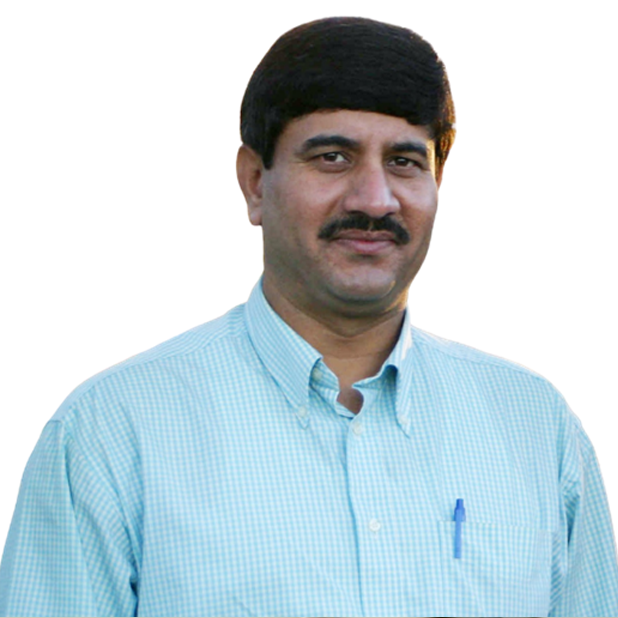
Prof. Samunder Singh, President International Weed Science Society
Title of the presentation :
"Innovative non-chemical approaches for sustainable weed management"
Mini Bio:
Dr Samunder Singh is credited with detection of herbicide resistance is several wheat weeds in India. After 36 years of dedicated services, he retired in 2020 as Prof. of Weed Science and head of Agronomy Department from CCS Haryana Agricultural University, India and presently working as Director Agronomy in State government for promoting micro-irrigation in crops. He did his PhD from Strathclyde University, Glasgow, Scotland and PDF from the University of Florida, USA. He served International Weed Science Society as Secretary, Vice-President and presently its President. Honoured by Weed Science Society of America as its Honorary Member in 2015.
His major research was on herbicide resistance management, rapid resistance detection, herbicide synergists, weed ecology and biology, parasitic weed management, integrated weed management, and non-chemical approaches for sustainable weed control

Dr. Alain Ratnadass (Cirad, Réunion)
Title of the presentation :
"Agriculture and human infectious disease risk: Some crop protection practices may be part of the problem, but Bioprotection is a One Health-smart solution"
Mini Bio:
Agricultural entomologist, holding a MSc and a PhD from AgroParisTech and a DSc from the Cirad Réunion, France, with a 40-year experience in crop protection, mainly during long-term assignments, of which 19 years in West & Central Africa and 14 years in the South West Indian Ocean. He worked on a variety of crops (either pre- or postharvest, or both), particularly cereals, legumes, roots & tubers, vegetables, fruit crops and industrial crops, a variety of pests (Hemiptera: plant bugs & aphids; Lepidoptera: stem borers, fruitworms, defoliators; Diptera: fruit flies & midges). His main research thrusts encompassed host plant resistance, plant disease-insect pest interactions, electrochemical homeostasis, IPM, ACP, Bioprotection and “One Health-smart crop protection”.
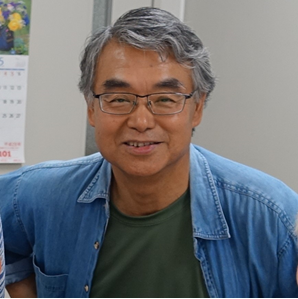
Seiji Uematsu (Project Research Fellow, Tokyo University of Agriculture and Technology, Japan and Tamagawa University)
Title of the presentation :
"From upland-paddy crop rotation to biological soil disinfestation using ethanol in Japan"
Mini Bio:
Seiji Uematsu worked at Pant Protection Laboratory, Chiba Prefectural Horticultural Experiment Station from 1976-2017; since 2017 he has worked at Molecular & Cellular Biology Laboratory, Tokyo University of Agriculture and Technology, and since 2020 at Plant Pathology Laboratory, Tamagawa University as a project research fellow. His research interests are (1) the etiology of diseases of infecting horticultural crops, ex, Phytophthora, Colletotrichum and Monosporascus diseases, (2) Eco-friendly management of soil-borne diseases, in particular, strawberry nursery production using paddy-upland crop, and the development of a soil disinfestation using a low concentration of ethanol. For his practical research contribution, he was awarded the Award for Advancement of Japanese Agricultural Technology of the Ministry of Agriculture, Forestry and Fisheries in 2010, and the Winner of the Society Fellowship of the Phytopathological Society of Japan in 2012.
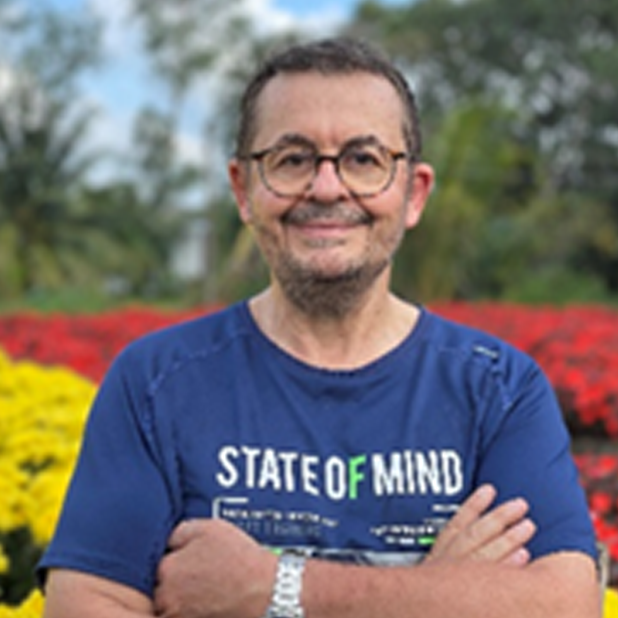
Dr Jean-Philippe Deguine (CIRAD-CTU, Can Tho, Vietnam)
Title of the presentation :
"Which place of Bioprotection in Agroecological Crop Protection?"
Mini Bio:
Dr. Jean-Philippe Deguine is a senior scientist (agroecologist – entomologist) at CIRAD (UMR PVBMT). He has 38 years of experience in crop protection against pests and diseases and has worked in Africa, Oceania, Europe, the Indian Ocean and Southeast Asia. two years, he is hosted by Can Tho University in Vietnam. He has participated and continues to participate in many scientific groups, councils and committees at the local, national and international levels. He has organized training workshops or international research schools in agroecology. Jean-Philippe has strongly contributed to the conceptualization of agroecological crop protection (ACP) and has coordinated many research and development projects and published numerous papers in this field. Currently, he is also co-leader of the Strategic Field "Agroecological Transitions" at CIRAD
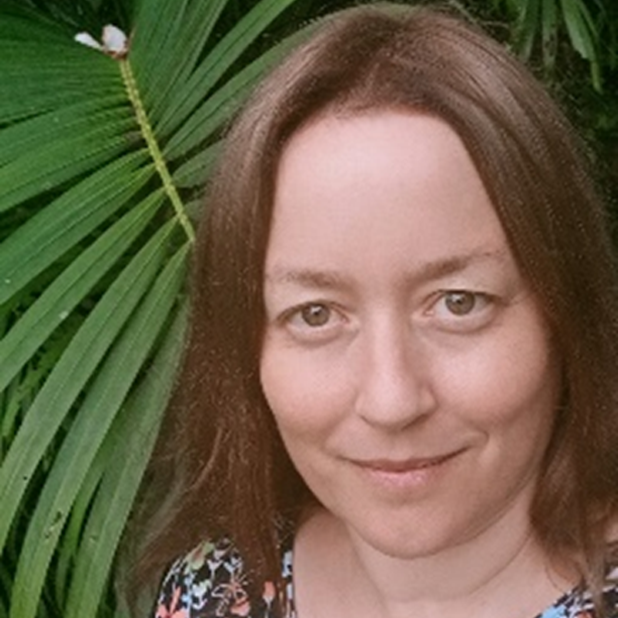
Dr. Alison Watson (Head of the ASEAN FAW Action Plan Secretariat)
Title of the presentation :
"The importance of transdisciplinary collaboration and partnerships to improve plant health and pest and disease management in Southeast Asia"
Mini Bio:
Dr. Alison Watson is the Head of the Secretariat of the ASEAN Fall Armyworm Action Plan – a multistakeholder partnership to support sustainable action to help address Fall Armyworm and build capability in integrated pest management in the region. She has also been leading work on the development of new partnerships and collaboration on bioprotection across Southeast Asia.
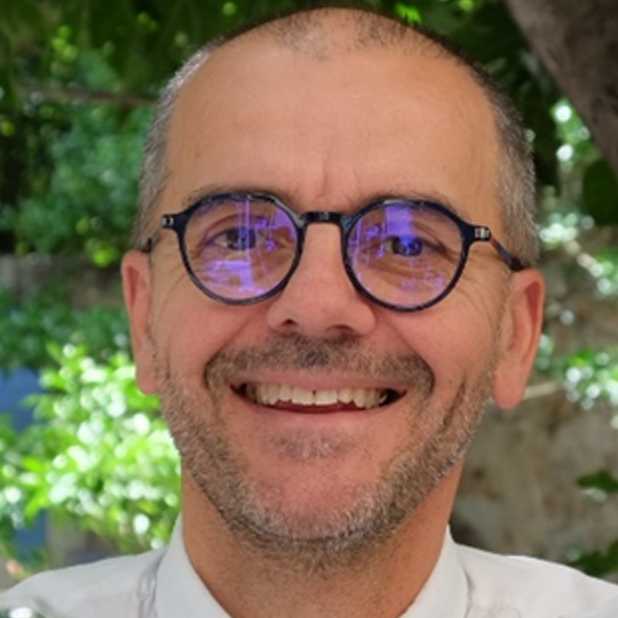
Dr. Marc Bardin (INRAE, France)
Title of the presentation :
"Improving knowledge of the factors determining the protective efficacy of biocontrol against plant diseases for a better use in the field"
Mini Bio:
Dr Marc Bardin is a research director at INRAE and works in the Plant Pathology research unit (Avignon, France). He obtained his PhD in microbial ecology and plant pathology in 1996 (University of Lyon) and then completed a post-doctoral position in plant epidemiology (Saint Paul, Minnesota, USA). Since 1998, his research has focused on understanding the factors of the protective efficacy of biocontrol and on the evaluation of its durability, with emphasis on fungal plant diseases. He is involved in several national and international projects. He teaches plant health in several master programs in France. He is vice-president of the International Organization for Biological Control and Integrated Pest Management for the Western Palearctic Regional Section (IOBC-WPRS) since 2021”.
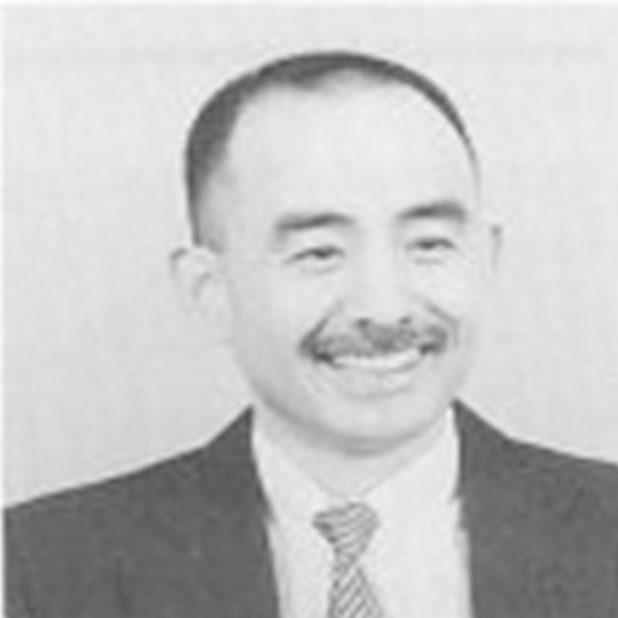
Prof. Dr. ANDO Tetsu (Tokyo University of Agriculture and Technology, Japan)
Title of the presentation :
"Lepidopteran sex pheromones: wonderland for an agricultural chemist"
Mini Bio:
Dr. ANDO Tetsu is a former professor at the Graduate School of Bio-Applications and Systems Engineering of the Tokyo University of Agriculture and Technology (Japan). He is also a former president of the Pesticide Science Society of Japan and an editor of Journal of Chemical Ecology, Journal of Pesticide Science (editor in-chief) and Bioscience Biotechnology Biochemistry. His research focuses on the chemical ecology field, particularly lepidopteran sex pheromones, with more than 210 publications, which have greatly contributed to the development of the field. In 2018, he was awarded the International Society of Chemical Ecology Silver Medal Award for his outstanding contributions to the discipline of chemical ecology.
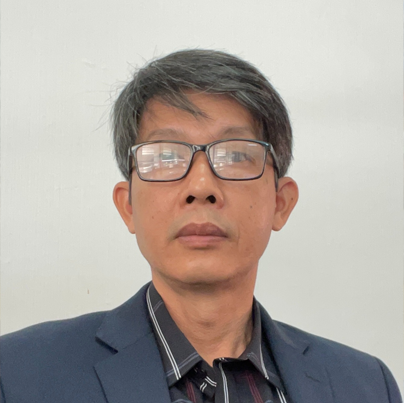
Assoc. Prof. Le Van Vang (Rector, College of Agriculture, Can Tho University, Vietnam)
Title of the presentation :
"PLP8. Research and application of insect semiochemicals for sustainable insect pest management in the Mekong delta of Vietnam"
Mini Bio:
Le Van Vang, Bachelor degree in Agriculture, Can Tho University (CTU, Can Tho city, Vietnam) on March 1997. Working at the College of Agriculture, CTU from 1997-2000 as a research assistant in Entomology. Master degree in Agriculture at Tokyo University of Agriculture and Technology (TUAT, Tokyo, Japan) on March 2003. Master thesis: “Studies on the sex pheromones of lepidopterous species distributed in Japan and Vietnam: Identification, field evaluation and application for plant protection”. PhD degree in Agriculture at TUAT on March 2006. PhD thesis: “Studies on the sex pheromones of lepidopterous species distributed in Japan and Vietnam: Identification, field evaluation and application for plant protection”. Lecturer in Entomology at the College of Agriculture, CTU from 2006-2010. Japanese Society for the Promotion of Science (JSPS) postdoctoral fellow in Chemical Ecology at TUAT from 2010-2012. Lecturer in Entomology at the College of Agriculture, CTU from 2012-2014. Associate Professor at CTU from 2015-date
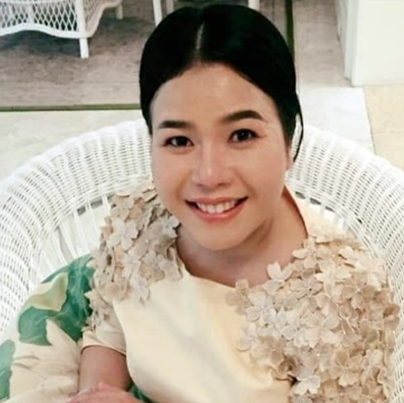
Asst. Prof. Dr.Kumrai Buensanteai (Research Center of BCG for Sustainable Rural Economy, Suranaree University of Technology, THAILAND)
Title of the presentation :
"Startup in Induced Resistance for Plant Disease Management"
Mini Bio:
Dr. Kumrai Buensanteai: Ph.D. (Plant Pathology) specialized in Department of Plant Pathology, Kasetsart University and postdoctoral research associate at Department of Plant Pathology and Microbiology, Texas A&M University, USA. Currently, Dr. Buensanteai is a lecturer at School of Crop Production Technology, Institute of Agriculture Technology, Suranaree University of Technology of Nakhon Ratchasima, THAILAND. Her expertise is related to plant pathology, plant diseases and their control, plant protection, biocontrol; innovative cassava industries, bioproducts innovation, biopesticide Innovation, agricultural community development, and fruit crop technology. Presently, she is the coordinator of advisory board member of chief executive of the provincial administrative organizations (PAO) Nakhon Ratchasima province and interested in agriculture and food startups.
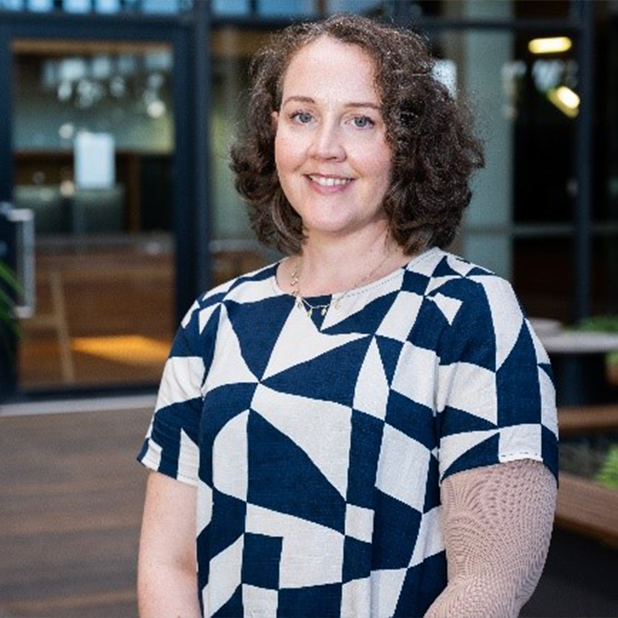
Dr. Michelle Rafter (CSIRO, Australia)
Title of the presentation :
"Harnessing biological control approaches to manage invasive species in Australia"
Mini Bio:
Dr. Michelle Rafter is an evolutionary ecologist whose research focuses on developing novel, safe and effective pest management solutions for problematic weeds and insects. She leads CSIRO’s tropical weeds team based in Brisbane, Australia whose primary goal is to develop solutions for invasive weed problems. Key areas of her research include host-plant interactions, behavioural ecology, gene flow, species delimitation, dispersal ecology, pesticide action and weed biological control.

Dr. Laura Moquet (Cirad, Reunion)
Title of the presentation :
"Invasion and biological control of fruit flies in an island of Indian Ocean"
Mini Bio:
Dr Laura Moquet is a researcher at the CIRAD of La Réunion. After her PhD thesis in sciences at the University of Louvain La Neuve (2017, Belgium), she acquired expertise in entomology and ecological interactions. Her work focuses on the use of biological control tools based on macro-organisms as solutions to control bio-aggressors. Several trials are being studied depending on the pest organisms to be controlled: Sterile insect technique (SIT) or classical biological control. She works on the control of both crop pests and invasive species with environmental impacts. She is currently studying Aphidiinae vs Sipha flava, parasitoid and TIS vs Tephritidae, and Coccinellidae vs Psyllidae systems. Through a study of life history traits, adaptive capacities and multitrophic relationships, her objective is to assess the effectiveness of these new potential biological control agents as well as their specificity
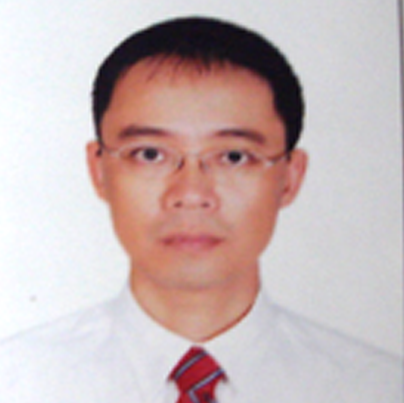
Prof. Tran Dang Hoa (HUAF, Vietnam)
Title of the presentation :
"Using insect natural enemies as biological control agents for crop protection in Vietnam"
Mini Bio:
Prof. Tran Dang Hoa is working at Department of Plant Protection, University of Agriculture and Forestry, Hue University (HUAF). He graduated his MSc and PhD in Biological Control from Kyushu University, Japan. His expertise is related to insect natural enemies, biological control, IPM, ICM. His main works are the control of both crop insect pests using insect natural enemies as biological control agents and invasive species with classical biological control. Several biocontrol projects have been implemented in Central Vietnam
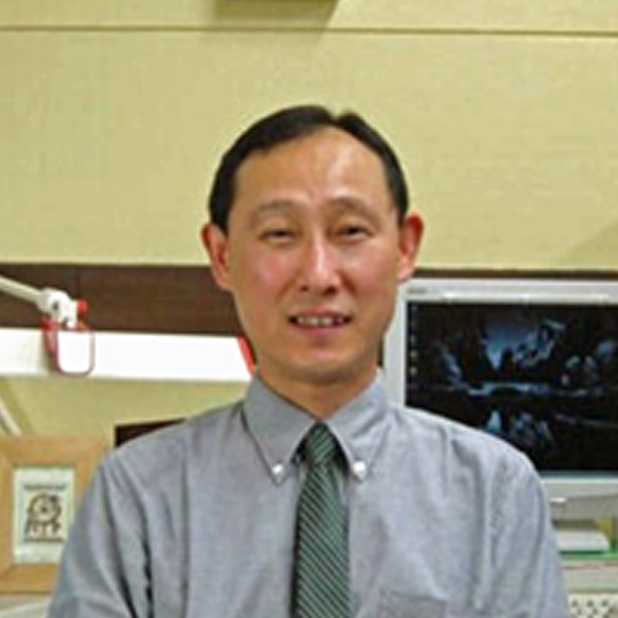
Dr Hisasshi Kato-Noguchi (Kagawa University, Japan)
Title of the presentation :
"Isolation and Identification of Allelochemicals for the Development Sustainable Agriculture"
Mini Bio:
Dr. Kato-Noguchi is a plant biochemist at Kagawa University in Japan. His research focuses on plant allelopathy, which plays a role in various aspects of natural plant ecosystems, including competition, succession, invasion, and naturalization. Allelopathy can be used for weed control and to reduce the need for synthetic chemicals in crop production. Dr. Kato-Noguchi's work has covered new information on allelopathy that has the potential to control weeds in various agricultural settings.
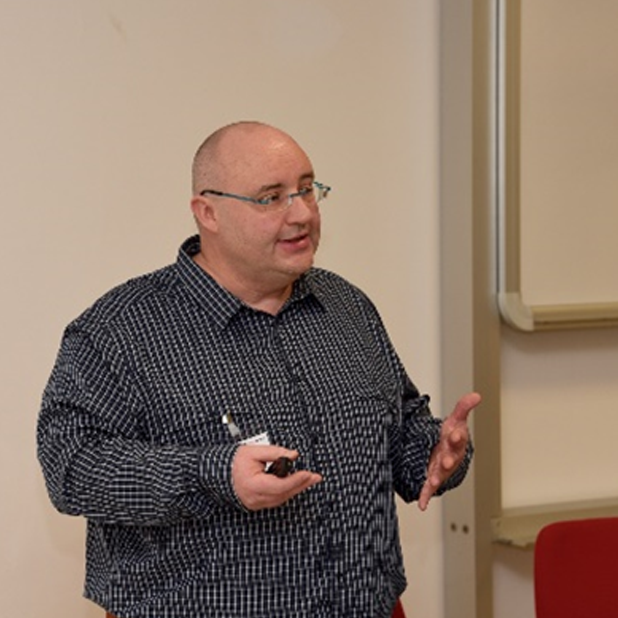
Dr Jean-Noël Aubertot (INRAE, Toulouse, France)
Title of the presentation :
"An overview of the national action plan for pesticide reduction in France. Development of bioprotection"
Mini Bio:
Dr Jean-Noël Aubertot, INRAE Research Director, is an agronomist, specialised in crop protection. He studied fundamental physics and graduated from Paris University with a Master in Oceanography, Meteorology and Environmental physics. He then taught Physics and Chemistry in the Czech Republic for two years, as part of the French national service in cooperation. He graduated from INA-PG (currently AgroParisTech University), with a PhD in Agronomy in 1998. He has a strong background in modeling, with experience of designing and using models from different scientific fields, with a wide range of modeling approaches and techniques: epidemiological models, ecological models, population genetic models, crop models, germination and emergence models. For twenty years, his main research area has been the analysis and the modeling of the impacts of cropping practices on pest development (mainly on diseases for arable crops). From 2007 to 2018, he coordinated the INRA/CIRAD IPM network. He regularly organised international summer schools on modeling for crop protection. He coordinated many national projects and was the leader of the methodological Workpackage of the European Project PURE (2011-2015) and co-coordinated the H2020 ReMIX project (2017-2021). He was involved in two major French national expertise on pesticide reduction. Since 2021, he is the President of the Scientific and Technical Committee of the French National action plan for pesticide reduction.
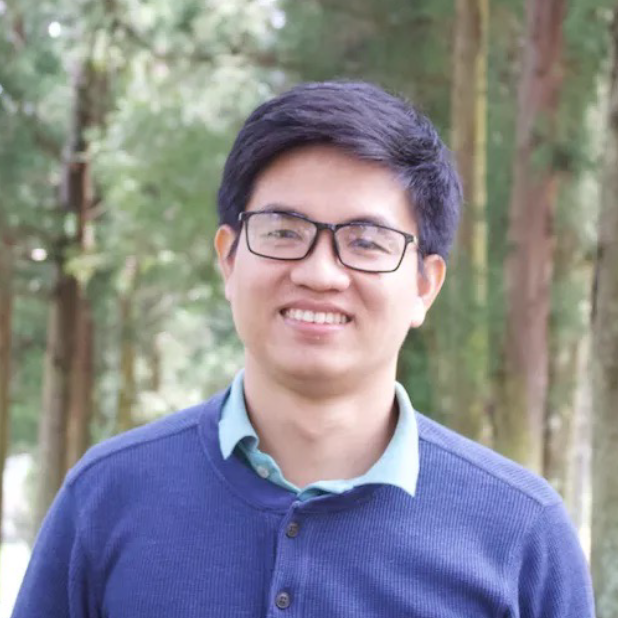
Dr. Tuan Minh Tran (Assistant Professor, University of South Alabama, USA)
Title of the presentation :
"Plasma membrane nanodomain: a new frontier in fighting plant diseases"
Mini Bio:
Dr. Tuan Tran is the group leader of the Molecular Plant-Microbe Interaction Research group at the Department of Biology, University of South Alabama, USA. His research focusses on dissecting the various molecular interactions between bacterial virulence factors and plant innate immunity using a combination of microbiology, cell biology, and plant pathology approaches. Key research areas in Dr. Tuan Tran's laboratory are (i) membrane nanodomain functions in plant immunity, (ii) biofilm biology of the bacterial wilt pathogen Ralstonia solanacearum and other xylem-inhabiting pathogens, and (iii) plant interactions with human pathogens that causes foodborne illness
